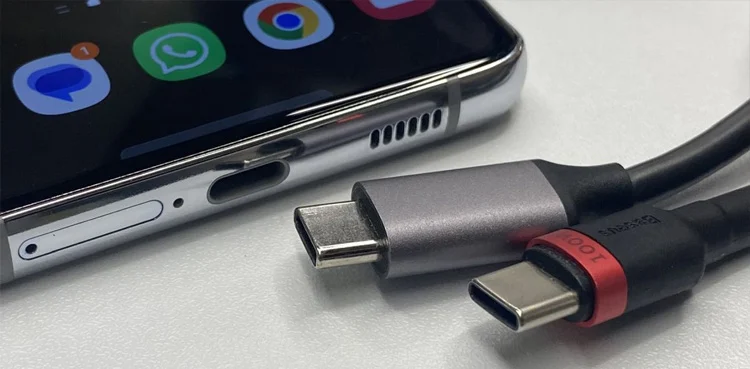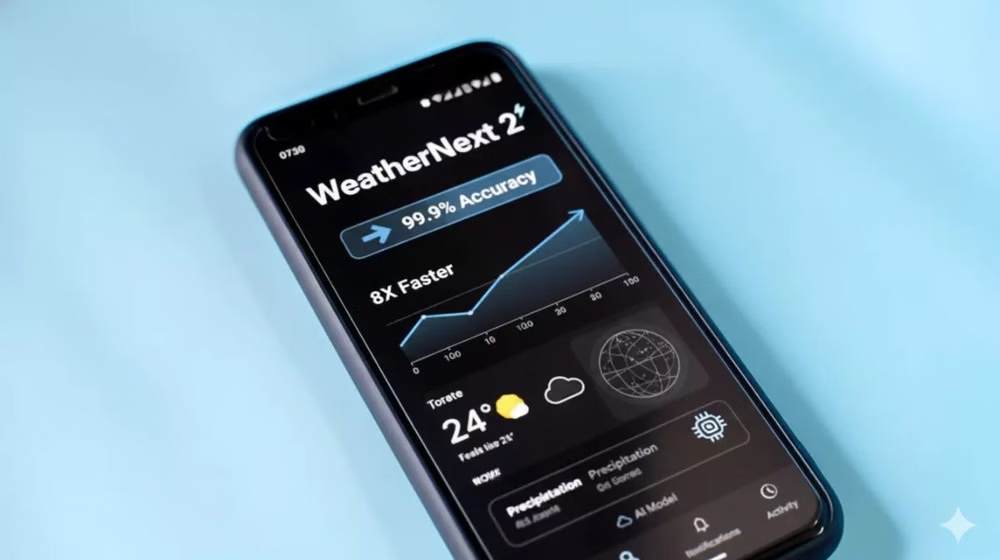In a significant move aimed at standardizing charging solutions, the Indian government has issued directives to make Type C chargers mandatory for all smartphones by June next year. This decision aligns with global trends towards uniform charging standards, simplifying the user experience and reducing electronic waste.
Government’s Initiative for Standardization
Indian media reports indicate that the government initially hinted at this shift in December 2022. At that time, the government had issued a letter to all mobile phone companies, outlining the plan to mandate a single Type C charger for all devices sold in India. The initiative is part of a broader strategy to streamline charging solutions across various electronic devices, enhancing convenience for consumers and contributing to environmental sustainability.
Implementation Timeline
According to the government’s plan, all mobile phone manufacturers will be required to offer their devices with Type C chargers by June 2025. This directive applies not only to smartphones but also extends to laptops, with a compliance deadline set for June 2026. The phased approach allows manufacturers ample time to adjust their production lines and supply chains to meet the new standards.
Expansion to Other Devices
The Indian government’s standardization efforts will not stop at smartphones and laptops. In the third phase of the initiative, Type C chargers will become mandatory for other electronic devices, including headphones and various other gadgets. This phase is expected to commence post-2026, indicating a comprehensive long-term plan to unify charging standards across the entire spectrum of electronic products.
Comparison with Global Standards
India is not the first region to adopt such measures. The European Union (EU) had previously mandated a single Type C charger for all phones and laptops. By December 2024, all companies are required to offer their devices with Type C chargers across the 27 countries of the EU. India’s decision mirrors this approach, positioning the country alongside global leaders in electronic standardization.
Environmental and Consumer Benefits
The move towards a universal charging standard is expected to bring multiple benefits. For consumers, it simplifies the charging process, eliminating the need for multiple chargers and cables for different devices. This uniformity reduces the hassle of carrying various chargers while traveling and ensures compatibility across a range of devices.
From an environmental perspective, standardizing chargers can significantly reduce electronic waste. With fewer types of chargers in circulation, the disposal of outdated or incompatible chargers will decrease, contributing to more sustainable consumption patterns. The initiative aligns with global efforts to minimize electronic waste and promote environmentally friendly practices in the tech industry.
Industry Response and Adaptation
The Indian government’s directive will require significant adjustments from mobile phone and laptop manufacturers. Companies will need to redesign their devices to incorporate Type C charging ports if they haven’t already. This transition may involve initial costs, but the long-term benefits of standardization are expected to outweigh these expenses.
Manufacturers are likely to respond positively to the directive, recognizing the advantages of a unified charging solution. The move also offers an opportunity for innovation, as companies can focus on enhancing other features of their devices rather than maintaining compatibility with multiple charger types.
Consumer Awareness and Preparedness
As the deadline approaches, it will be crucial for the government and manufacturers to raise awareness among consumers about the upcoming changes. Informing users about the benefits of Type C chargers and the timeline for implementation will help ensure a smooth transition. Retailers will also play a key role in educating customers and promoting compatible accessories.
India’s decision to mandate Type C chargers for all smartphones and laptops marks a significant step towards standardizing electronic device charging solutions. The initiative promises to enhance consumer convenience, reduce electronic waste, and align India with global standards. As the country prepares for this transition, manufacturers, retailers, and consumers alike will need to adapt to the new charging landscape, paving the way for a more sustainable and user-friendly future in electronic device usage.



